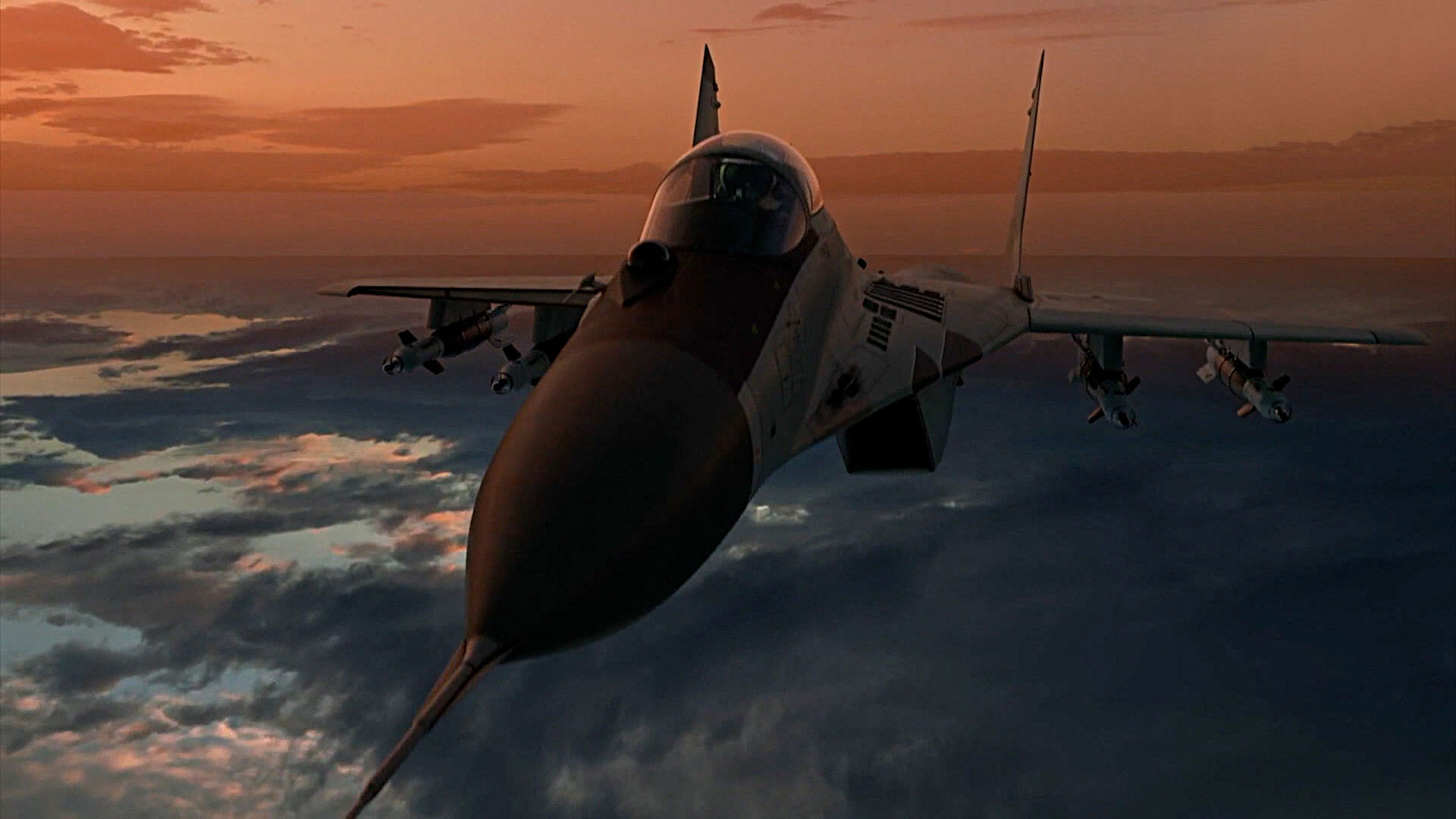Although Switzerland is an officially neutral country that does not sell its weapons to countries mired in conflict, an unprecedented investigative team has found otherwise, proving that it was involved with its military equipment in attacks and armed clashes in Afghanistan and Brazil.
The investigative team, led by Leon Hadavi, a weapons research specialist at the NGO Lighthouse Report, adopted a strategy to track Swiss military equipment used in conflicts, checking daily online information, data, statistical reports and satellite imagery.
Hadavi says open sources make them share with the public data and information that until very recently were the preserve of groups that defend only their interests.
An investigative film aired by Al Jazeera on Friday night, titled "Armed Neutrality", showed that the investigation team spotted small commercial aircraft made in Switzerland that were used in covert operations of special forces and intelligence, and in all statements to prepare air strikes. This is the PC-12, which was produced by the Swiss company Pilatus 12 years ago.
Pilatus aircraft
The investigation team concluded that 18 Swiss Pilatus jets were involved in the Afghan conflict. The head of the team says he has information indicating that this aircraft is linked to pre-bombing reconnaissance missions, i.e. may have been involved in the deaths of innocent civilians, which was also confirmed by Adi Feller, an investigator with the group "For a Switzerland Without an Army", by saying that Pilatus (12PC) planes play a key role in identifying and bombing targets, and are therefore an essential tool in the killing process.
In the course of its investigation, the team was able to access a video posted by the Afghan Ministry of Defense on July 15, 2021 on Twitter, and after analyzing and comparing every detail in the video, the team concluded that Pilatus aircraft played a vital role in an airstrike carried out by the Afghan army on the same date in the Shuhada district in the far northern province of Badakhshistan.
Although the Afghan army confirmed that 20 Taliban had been killed, videos circulated on social media showing mutilated bodies and a bomb-blown market, meaning the shelling was not accurate.
The investigation team went to the area hit by the shelling in Badakhistan province and was told by villagers that the strikes had killed civilians, including Abdul Saboor, who lost two of his children, one a doctor and the other an engineer.
The Pilatus PC-12 does not fall within the scope of Swiss federal law, and the editor-in-chief of the Swiss military magazine, Alexander Futravers, admits that it is not intended for military use, and is a civilian transport aircraft, but many modifications can be made to it.
Armored vehicles
In addition to the involvement of Swiss Pilatus jets in the Afghan conflict, the investigative team found that between 2007 and 2014, Switzerland exported 30 Piranhas armoured vehicles to the Brazilian navy and tanks produced by Mowag that fell into American hands. These tanks are subject to the Arms Act.
According to the letter, Piranha armoured vehicles will be used for peacekeeping missions in Haiti under the United Nations Brazilian Marines Mission in Haiti and in other United Nations missions in the future, but in reality it turned out that only 4 of them reached Haiti and the rest continued to roam the streets of Rio de Janeiro and participate in so-called de-escalation operations in its slums.
Reviewing hundreds of photographs, the investigation team confirmed that Piranhaus were used in April 2014 to strike a security cordon on an entire area of Rio ahead of the opening of the Olympic Games. The local press reported casualties, including an 18-year-old man killed by Marines metres from Swiss vehicles.
Vitor Santiago Borges was also shot and his friends as they returned from watching a football match in Rio de Janeiro, resulting in the amputation of his left leg. Borges confirmed to the investigation team that the armoured vehicle from which the fire was fired was Swiss.
While Moag says it is not its responsibility to assess the situation and allow arms exports, and that this is up to politicians, international law lawyer Stefano Tervisan is calling for Swiss authorities to be held politically accountable for the use of their military exports, questioning why there are UN armor vehicles to help Haiti after the earthquake in the middle of the clashes in Rio de Janeiro.
Prisca Sayler Graf of the Swiss Socialist Party says her country should help spread peace, but by exporting war materiel that strips itself of the cloak of credibility.
As part of the Swiss movements, a demonstration was held in 2019 calling for an end to arms exports to countries mired in civil war, and in October 2021 the Swiss parliament adopted a proposal to this effect.
According to the documentary broadcast by Al Jazeera on (2023/5/26), Swiss law prohibits the export of any weapons to a country in conflict, violating human rights or when materiel is likely to be used against civilians.

